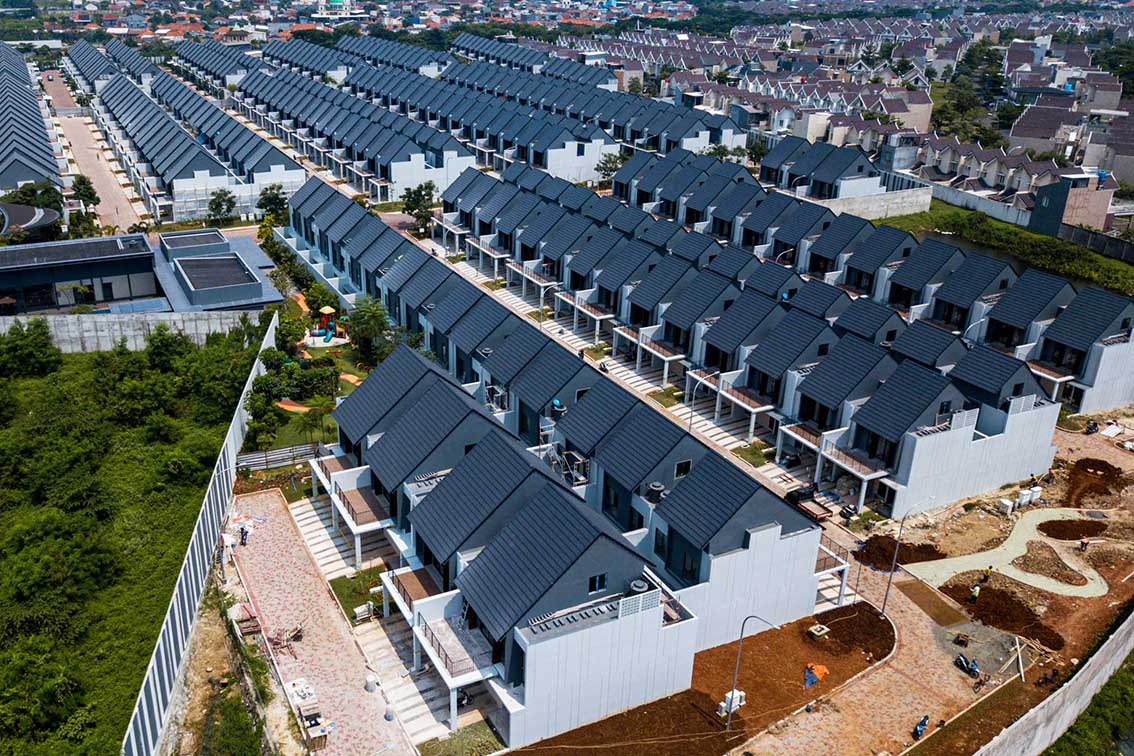The refund of funds is one of the benefits offered to workers who save as participants of the Public Housing Savings (Tapera). The primary savings and accumulated earnings are to be returned by the Tapera Fund Management Agency (BP Tapera) when the participation period ends. This period concludes when a worker retires, an independent worker reaches the age of 58, upon the participant’s death, or if the participant fails to meet the criteria for five consecutive years.
However, the Supreme Audit Agency (BPK) revealed significant issues within BP Tapera regarding fund refunds in 2021. This was detailed in a document titled “Compliance Audit Report on the Management of Public Housing Savings Funds (Tapera) and Operational Costs for 2020 and 2021 at BP Tapera and Other Relevant Institutions in DKI Jakarta, North Sumatra, Lampung, Central Java, D.I. Yogyakarta, East Java, and Bali.”
The Specific Purpose Audit (DTT) report highlighted that 124,960 Tapera participants had not received refunds totaling Rp 567,457,735,810. This discrepancy was uncovered after BPK’s team cross-verified data with the National Civil Service Agency (BKN) and PT Taspen (Persero). Despite these participants having ended their membership due to retirement or death by the third quarter of 2021, they were still recorded as active participants. Specifically, 25,764 deceased participants had a total balance of Rp 91,035,338,854, and 99,196 retired participants had a total balance of Rp 476,422,396,956. “Consequently, 124,960 retired civil servants or their heirs were unable to access their rightful refunds amounting to Rp 567,457,735,810,” wrote BPK. Further verification by BPK with BKN and Taspen involved confirming data with five employers. Spot-checks on 191 participants confirmed their deceased or retired status, supported by retirement decrees or payment termination letters (SKPP). However, these statuses had not been updated by the employers, resulting in the participants still being listed as active and unable to receive their refunds. Additionally, the refund process according to BP Tapera’s standard business procedures required account number updates by the participants.
In an interview with the Director of Operational Mobilization, it was revealed that BP Tapera’s business process relies on updated data from employers through a portal to determine worker status. If there are no status updates from employers, such as in cases of death, the participant’s data remains unchanged. BP Tapera claimed to have conducted awareness activities on data updates, including status change mechanisms. Nonetheless, the extensive amount of data and the number of participants to be input by employers, combined with resource limitations, might lead to non-compliance or oversight. In conclusion, the audit by BPK underscores a critical administrative oversight within BP Tapera, impacting a substantial number of participants and highlighting the need for improved data management and coordination among involved parties to ensure rightful refunds are distributed promptly.







